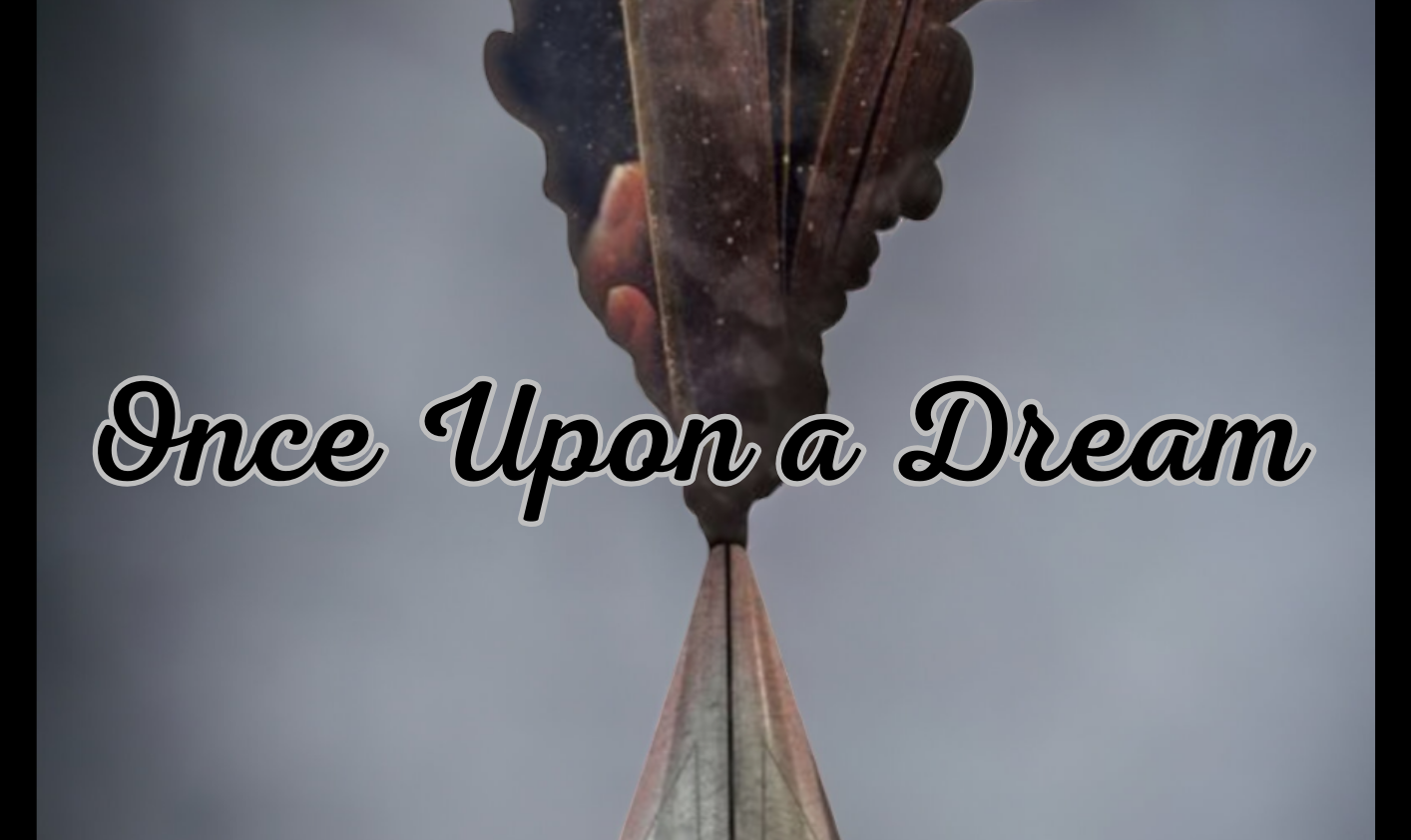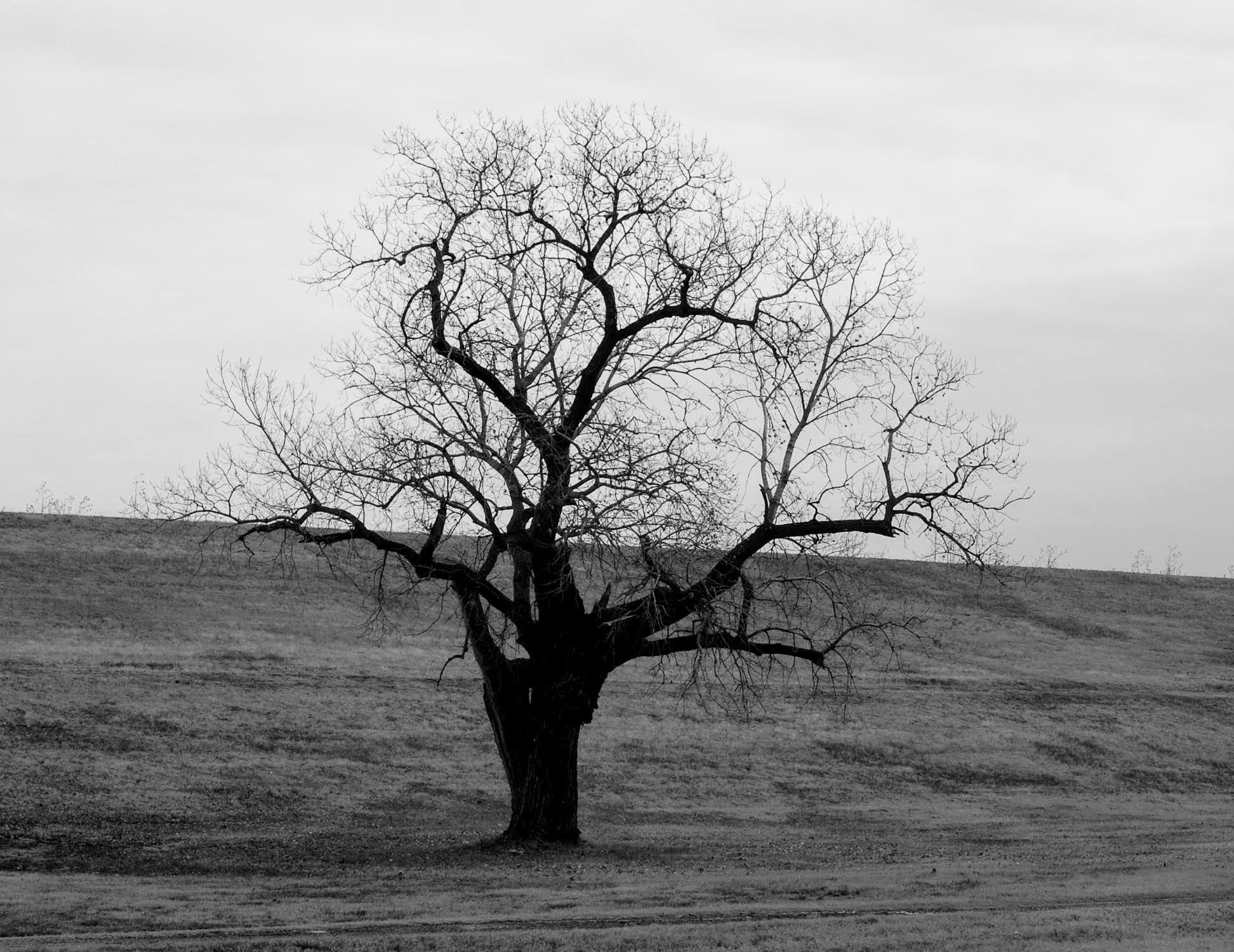October’s Final Days, WINNER, Fiction
.
“…and the pieces of her body slowly move towards each other, worming and squirming underneath the surface of the dirt until they can reconnect again.”
“Her ‘pieces’? Ewwww….” squirmed Shyloh.
“Well, that’s what they are”, I reasoned. “Pass another marshmallow and I’ll finish.”
“There’s Bailey,” said Shyloh. “Hey, come over! Preston’s telling a true Halloween story! Start it over. The real ones are the creepiest!”
I began again. “Here in St. Charles, Missouri there’s a story most kids hear in high school – Molly’s Grave. Back in the 1800s, a woman named Molly Crenshaw lived by herself outside of town, so people thought she was a witch. One winter, the ground froze and the farmers couldn’t get anything to grow the following spring. They began to whisper among themselves, ‘It’s that witch’s fault!’. They blamed Molly and grew angrier the more they complained.”
The breeze made us shiver and Bailey inched closer to the firepit.
“One Halloween night, the farmers exploded into rage. They banded together with pitchforks and stormed her home. Molly refused to take the blame and argued with the mob. ‘This is NOT my doing, I SWEAR!!’ But despite her cries, they dragged Molly to the town’s square for a horrifying execution. A public death would serve as adequate punishment! She pleaded for help from the townsfolk who’d come out to watch. Wouldn’t anyone stand up for her? But there was no stopping the farmers. As she lay there, she realized that nothing would convince them of her innocence. She was going to die! Mustering her courage, she spun a bone-chilling curse. “Anyone who harms me! Or watching my death!” Molly screeched. “YOU’RE CURSED! I’ll come back to life and bring my vengeance! To YOU, your family, your children, and grandchildren!”
The fire flickered wildly and we all jumped.
“While they didn’t stop, the mob hesitated. How do you keep a witch from resurrecting? Someone yelled, ‘Cut her in half! She can’t come back if she’s not a full body!’ Molly screamed her last words, ‘I’LL STILL COME BACK!!’ Undeterred, they agreed on this solution and Molly was sawed in half.
Molly’s body was buried in separate graves. One at a private cemetery near where the high school is now. The other, miles away in an unmarked grave near the river. The town went back to its everyday life and the farmers returned to their fields. But no crops grew that year. And despite the miles between them, Molly’s body started moving towards each other from the moment of her burial. As if magnetically attracted back together, aching for new life and a taste for revenge. Wiggling like worms underneath the unsuspecting town. Once the pieces meet, Molly will live again and wipe out all of the farmers’ descendants and of those present at her death! How soon will it happen? How close are the pieces now? How much time is left? Are YOU a descendent?! No one knows…”
“Let’s go!” blurted Bailey, already standing.
“Where???”, asked Shyloh, not wanting to know the answer.
“Umm, bad things happen to anyone who disrespects Molly,” I warned. “Some kids went looking for her grave once…and the police found them impaled on a cemetery fence. Like DEAD.”
He scoffed. “Scaaaaaaared?”
I rolled my eyes. “It’s just a story.”
“Well, if there’s nothing to worry about…”, Bailey taunted.
We piled into Bailey’s car, wishing for the first time that he wasn’t old enough to drive. I wasn’t listening as he mapped to our destination – a private cemetery near the high school.
As we pulled up, my stomach knots relaxed. ‘That’s it?!’, I thought, seeing a chain link fence surrounding a dozen markers. Bailey grabbed a flashlight as we stepped out into the darkness. The crickets serenaded us, unphased by our intrusion. We hopped the fence and Bailey lit each grave, mumbling their names. I held back; the fence felt safer than stepping over graves.
Shyloh’s voice unexpectedly cut into the crickets’ song, “Molly, we aren’t afraid of you!” The cacophony of crickets suddenly died to a deafening silence. My neck hair prickled as I realized the wind had abruptly stopped, too. We stood motionless.
Waiting.
Listening.
Petrified.
My stomach knotted as Bailey shifted his weight and a stick cracked like an old bone. “Look at the ground!”, he sputtered. “Something’s moving underneath!!” Bailey dropped the flashlight and bolted. Shyloh followed but I couldn’t – my legs had hardened into cement. She ran, leaping to clear the fence but caught a barb and she crumpled with a cry into the rail before crashing to the ground. Was she impaled?! I couldn’t see past the stinging tears.
Bailey made it to the car first, keys jangling as he shook. The car simply clicked, refusing to start. I stood frozen solid, watching Shyloh groan on her bloody leg. Bailey cursed at the car as if that would convince it to work. Numb and blurry, all I could do was watch the flickering flashlight cast eerie shadows on the gravestones. Terror took ahold of my body and I saw my breath in the chilly air. Molly was here. We’d been disrespectful and there were dire consequences in store. “I’m sorry,” I whispered, “I didn’t even want to come.” I choked as panic engulfed my throat. “Please, Miss Crenshaw! We’re sorry,” I pleaded with reverence. The words hung like corpses over my head. Throbbing silence beat on my ear drums as I held my breath, not wanting to see it billow out again.
Then, one lone cricket ruptured the nothingness. Then another. The key clicked and the car struggled to life. “PRESTON, MOOOOOVE!!”, Bailey screamed wildly, his voice octaves above his normal tone. I exhaled, my breath no longer visible. “Thank you, Molly”, I sputtered, shaking as the words tumbled off my tongue. My legs, now complying, flew with newfound speed towards the car, grabbing Shyloh and dragging her in as I jumped inside. Bailey stomped the gas pedal to the floor. As I took one more look out across the graveyard, the flashlight’s flicker caught what looked like a woman’s shadow. I squeezed my eyes tight, whispering apologies as we sped away.
Vicki Liston is a multi-award-winning voice actor, video producer, and writer. She served as the resident DIY and Home Expert for DontWasteYourMoney and SimpleMost (both E.W. Scripps companies), writes and hosts for Hometalk TV, and has appeared as a contributing writer in two recent editions of the multi-million-dollar book series, Chicken Soup for the Soul, published by Simon and Schuster. Vicki has been a featured expert in The New York Times, The Today Show‘s website, MSN, Forbes, Family Handyman Magazine, Apartment Therapy, House Beautiful, The Spruce, The Washington Post, and more. She also writes, voices, and produces the award-winning series, ‘On The Fly…DIY’, which has over a million and a half views on YouTube and raises money for no-kill animal shelters and rescue organizations.

